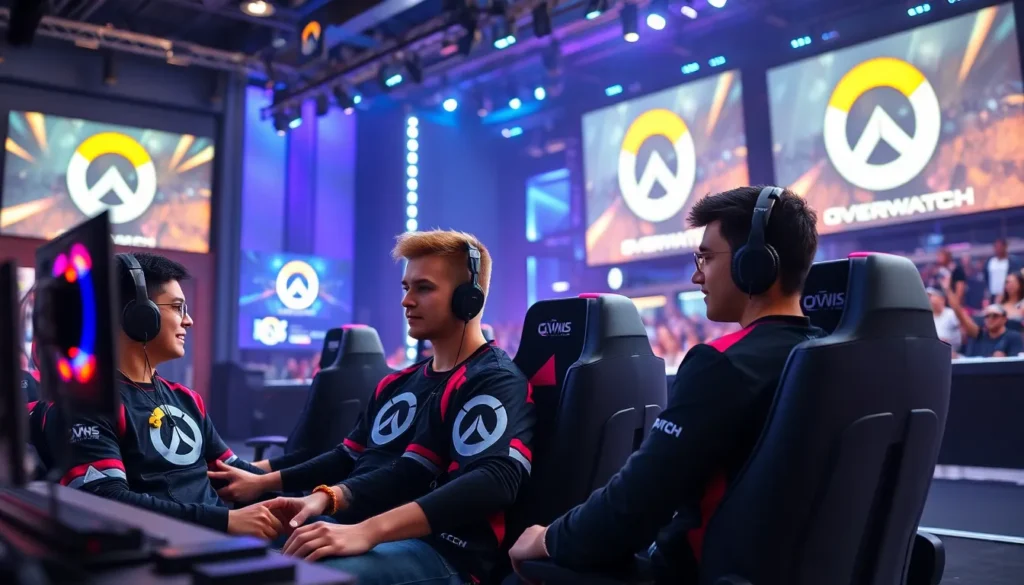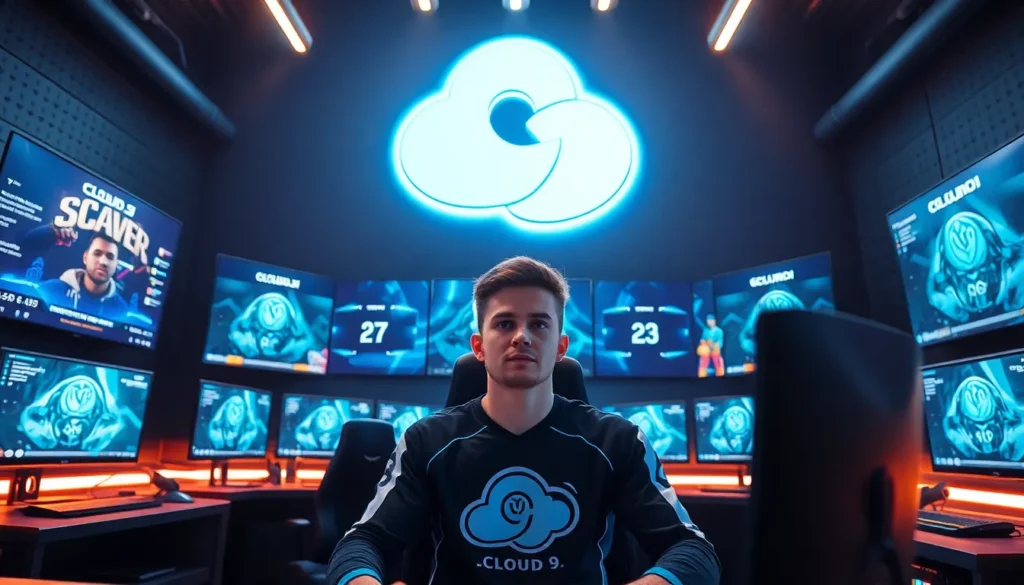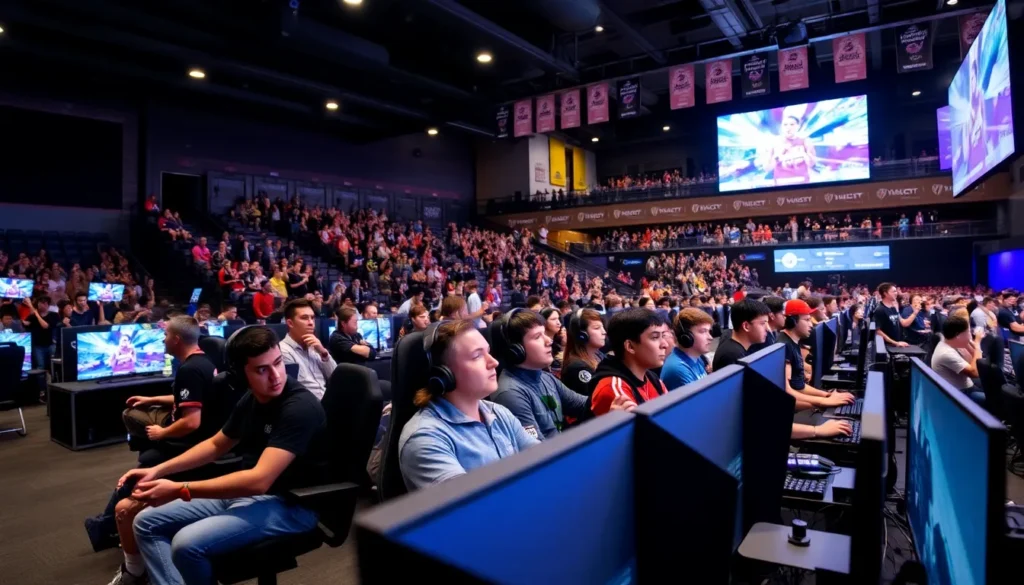Table of Contents
ToggleSo, you’ve been fragging noobs in your living room and dreaming of dominating the big leagues? Joining an esports team might feel like an uncharted territory, but it’s more about strategy than a magic spell. Imagine being part of a squad where everyone’s as passionate about gaming as you are, not to mention the glory of competition. Let’s unpack how to jump into this exciting world and snag that coveted team spot, all while keeping it fun and professional.
Understanding the Esports Landscape

Esports has exploded in popularity, and with it, the variety of teams and competitions has expanded too. Each team can be different in structure, composition, and focus.
Types of Esports Teams
Primarily, you’ll find three main types of esports teams: professional, semi-professional, and amateur. Professional teams are where the big bucks are, think major tournaments and sponsorships. Semi-pro teams often play at a high level but might not yet be making a living from it. Amateur teams, on the other hand, can be the perfect stepping stone for newcomers looking to break in.
Can you guess which type suits you best? Remember, each team has its unique vibe and expectations, so take the time to explore and find where you fit.
The Importance of Skill Level
Before jumping into the deep end, it’s crucial to assess where your skills stand. Joining a team without the right talent might feel like throwing yourself to the wolves.
Choosing Your Game and Role
Start by choosing the game that excites you the most. Whether it’s first-person shooters like “Valorant” or MOBA titles like “League of Legends,” find your niche. Each game has specific roles that you can align with, such as support, DPS, or tank. Besides your love for the game, you should also evaluate what role suits your skills best.
Building Your Skills
Practice makes perfect. While playing casually can be enjoyable, structured practice will hone your skills. Spend time reviewing gameplay, watching tutorials, and even seeking feedback from more experienced players.
Finding Potential Teams
With your skills sharpened, the next step is scouting for teams that align with your gaming style. It’s all about becoming as visible as possible to potential teammates.
Using Social Media and Forums
Social platforms like Twitter, Discord servers, and Reddit are bustling with opportunities. Join relevant gaming communities and engage in discussions. Post your highlights, ask about upcoming team openings, and make connections. Don’t shy away from networking: you never know who could be scouting for talent.
Participating in Tournaments
What better way to show off your skills than by competing? Tournaments are more than just contests: they are also a great place to meet other players and scouts.
Networking Within the Community
Show up, compete, and network. Engaging directly with other players and team representatives during tournaments can increase your visibility. Besides showcasing your skills, you’ll also gain valuable experience and make connections within the community.
The Application Process
Once you’ve found a few teams that pique your interest, it’s time to prepare for the application process. They want to see what you’ve got.
Creating a Competitive Resume
When applying, think of your gaming resume as your personal highlight reel. List your gaming achievements, previous team experiences, and skillset. Include links to your game clips and relevant social media profiles. A well-crafted resume can open doors.
Preparing for Tryouts
If selected for tryouts, treat it like a job interview. Ensure you demonstrate not just skill but teamwork and communication. Be prepared to discuss your gaming philosophy and how you would contribute to team dynamics.
What to Expect After Joining
Congratulations, you’ve made it onto a team. But what’s next? It’s time to learn how to integrate and thrive within your new squad.
Team Dynamics and Communication
Once you’re in, understanding team dynamics becomes crucial. Good communication is the backbone of any successful esports team. Regular practice, constructive feedback, and a commitment to team goals will foster a stronger bond and elevate your game.
Setting Goals and Milestones
Setting clear goals is vital for both personal and team growth. Define what you want to achieve and how you can contribute. Having milestones allows everyone to stay motivated and focused.







